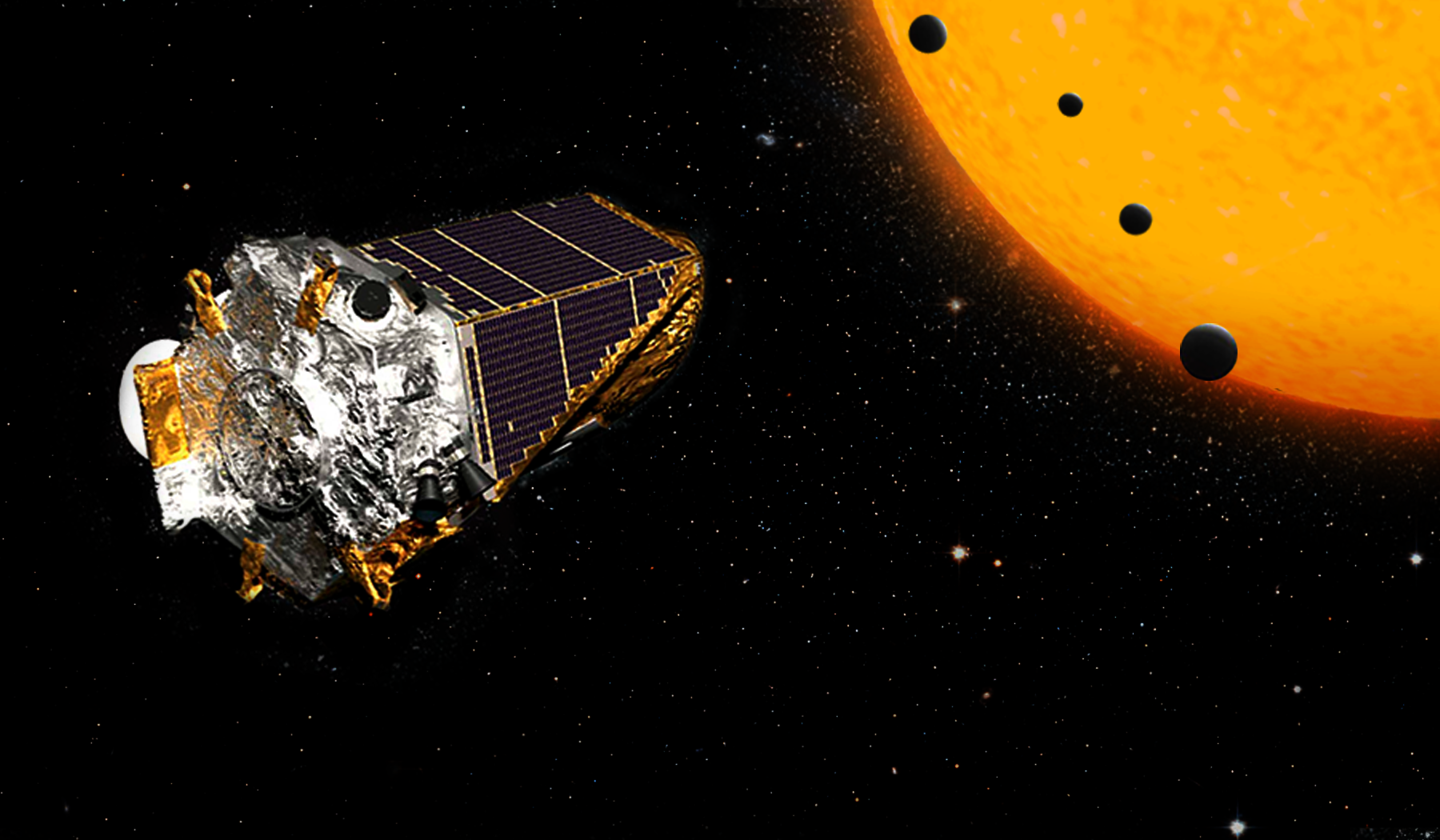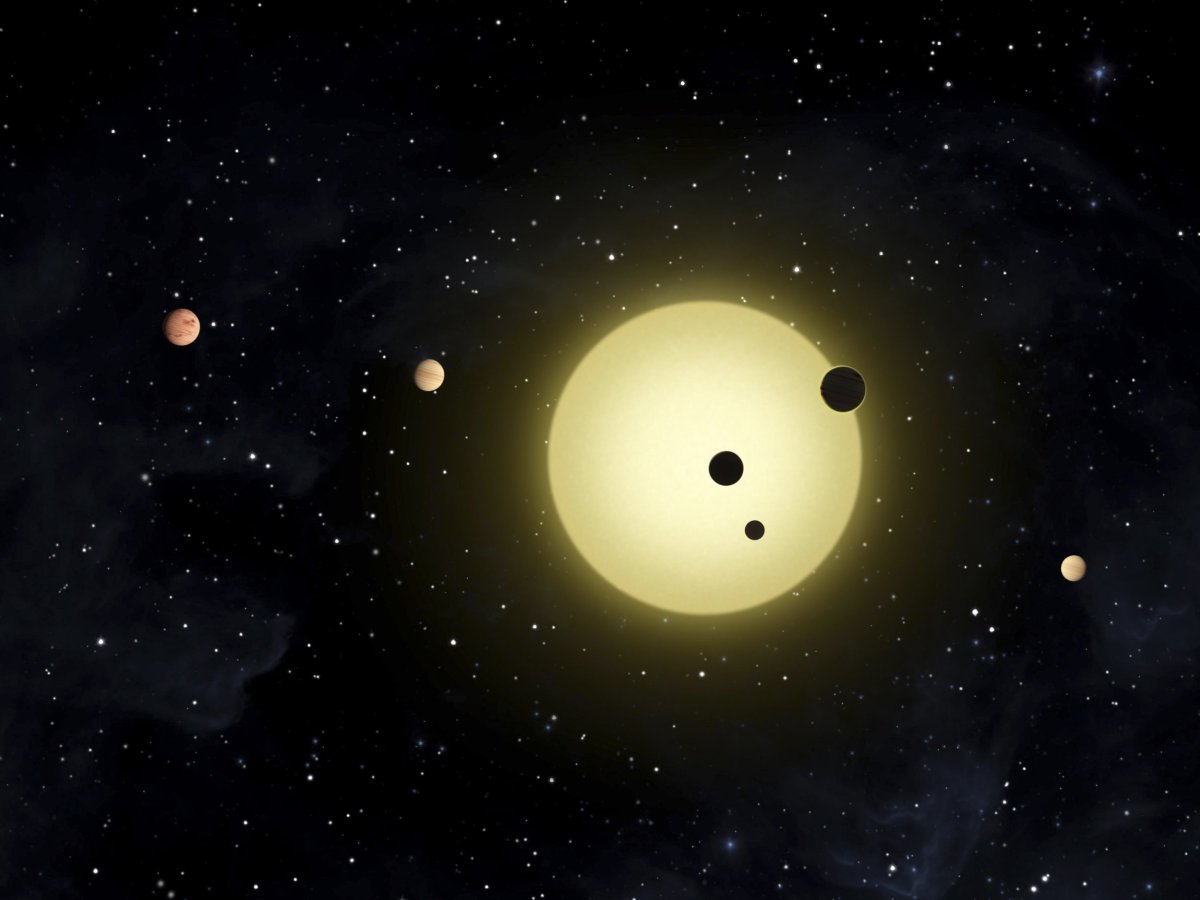
NASA has called a press conference to reveal a breakthrough discovery from its alien-hunting Kepler telescope. The discovery was driven by Google's machine-learning artificial intelligence software.
The announcement will be live-streamed on NASA's website, according to a press release. It will take place Thursday, December 14, at 1 p.m. EST.
Kepler's Missions
The Kepler telescope—which launched in 2009—has discovered thousands of planets outside our solar system. "Thanks to Kepler's treasure trove of discoveries, astronomers now believe there may be at least one planet orbiting every star in the sky," the press release states.
Kepler's original mission was completed in 2012. It confirmed the existence of 2,337 exoplanets and 4,496 possible candidates.
Thirty exoplanets exist in habitable zones. This means they are the right distance from their neighboring stars to host extraterrestrial life.
In 2014, Kepler began a new exoplanet-hunting mission: K2. This has confirmed the existence of 178 exoplanets to date, with 515 further potential planets. K2 is also "introducing new research opportunities to study young stars, supernovae and other cosmic phenomena," according to the press release.

Machine Learning
Experts from NASA and Google will be on hand to explain the latest breakthrough. Attendees will include Paul Hertz, the director of NASA's astrophysics division in Washington, D.C., as well as Christopher Shallue from Google. Shallue is a senior research software engineer at Google Brain—the tech giant's machine intelligence research team.
Google Brain is responsible for research that helps robots pick up sand and teaches machines to be fair.
Cagey on the details, NASA's press release states that machine learning "demonstrates new ways of analyzing Kepler data."
Exactly what this new method of combing has revealed, we will have to wait until Thursday to see.
Uncommon Knowledge
Newsweek is committed to challenging conventional wisdom and finding connections in the search for common ground.
Newsweek is committed to challenging conventional wisdom and finding connections in the search for common ground.
About the writer
Katherine Hignett is a reporter based in London. She currently covers current affairs, health and science. Prior to joining Newsweek ... Read more
To read how Newsweek uses AI as a newsroom tool, Click here.








